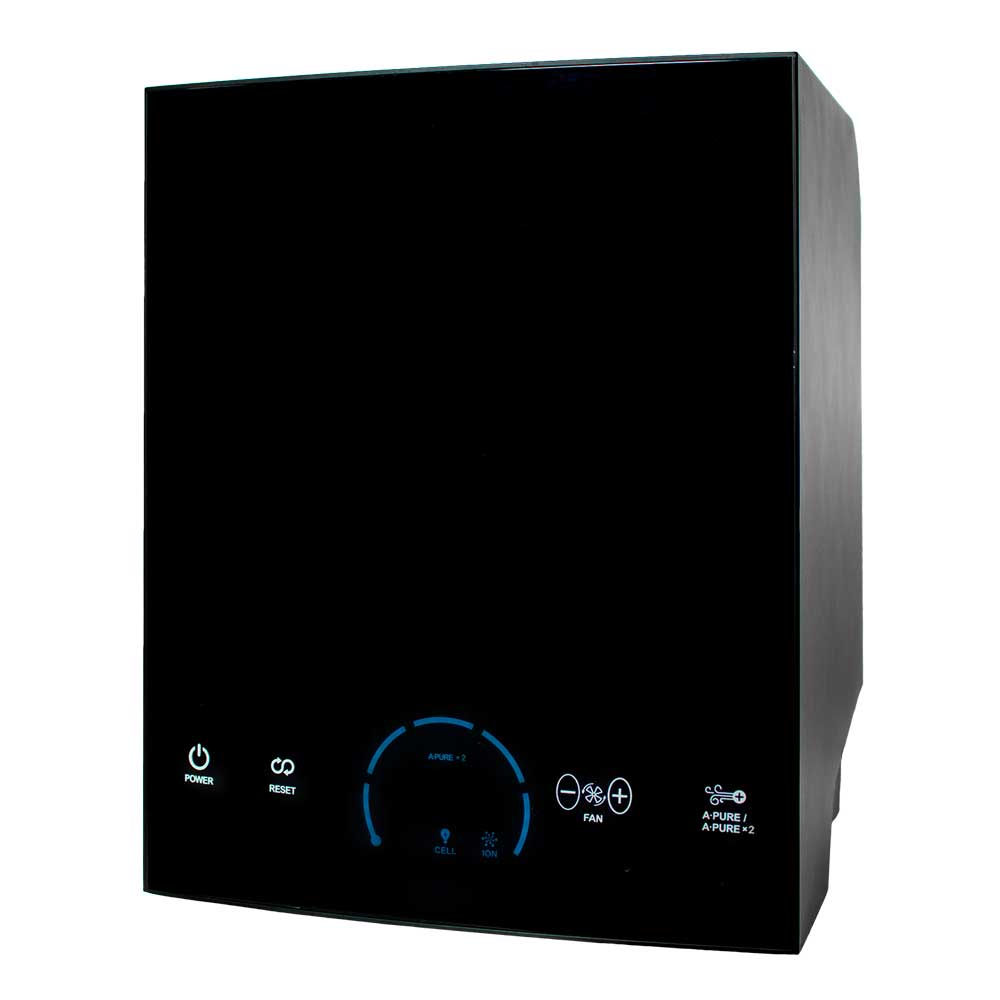
Best Reader Tips of 2021
This year reader tips led to dozens of ad alerts, as well as a complaint to regulators.
Bid farewell to the low prices you see in ads. You will pay more.
|
Note: A TINA.org investigation into DealDash has found that the company is engaged in a widespread deceptive marketing campaign to lure bargain-hunting consumers to an illegal gambling site. Read more about TINA.org’s findings and complaints to the FTC and six state attorneys general here.
For a penny auction site that claims to be “fair and honest,” DealDash, which offers appliances, electronics, jewelry, gift cards, and more, distorts several key features of its bidding process in this long-running ad, which TINA.org first investigated in 2013.
For example, the ad claims that Barbara paid $29.95 to win the 55-inch TV but, as the fine print points out (though it’s nearly impossible to catch unless you pause the ad at exactly the right time), she had to bid 414 times. And bids aren’t normally free. So, the math doesn’t add up. At the full price of 60 cents a bid, Barbara would have spent $248.40 on bids alone.
To figure out the true costs and all the particulars about the bidding process, TINA.org took a deep dive into the site’s 7,500-word terms and conditions. Here’s what else the ad leaves out:
Consumers have filed more than 150 complaints against DealDash with the BBB, many related to the issue that its advertised prices in commercials fail to take into account the cost of buying bids. Several consumers also complained that they were charged for Bid Packs without their permission and experienced delivery problems. One consumer accused the site of tricking customers into “spending more than items are worth.”
To this last point, a previous version of the terms conceded that bidders “are on average unlikely to save money using the Site.” That section now states that DealDash may send “special promotions, access to special auctions and/or free bids” to those who have lost auctions. So the only thing you may get for the money you spend is a consolation prize.
Allegations in a recent class-action lawsuit against DealDash echo TINA.org’s findings that the penny auction site fails to disclose the cost of bids that is required to win products. The suit also alleges that DealDash exaggerates products’ retail prices and auctions off generic brands as more expensive brand name items.
This article was updated most recently on 6/13/17.
This year reader tips led to dozens of ad alerts, as well as a complaint to regulators.
Comparing the amount companies agree to pay to settle deceptive marketing charges with their annual revenue.
Products’ purported efficacy against COVID-19 reflects results from lab studies, not real-world studies. There’s a big difference.

